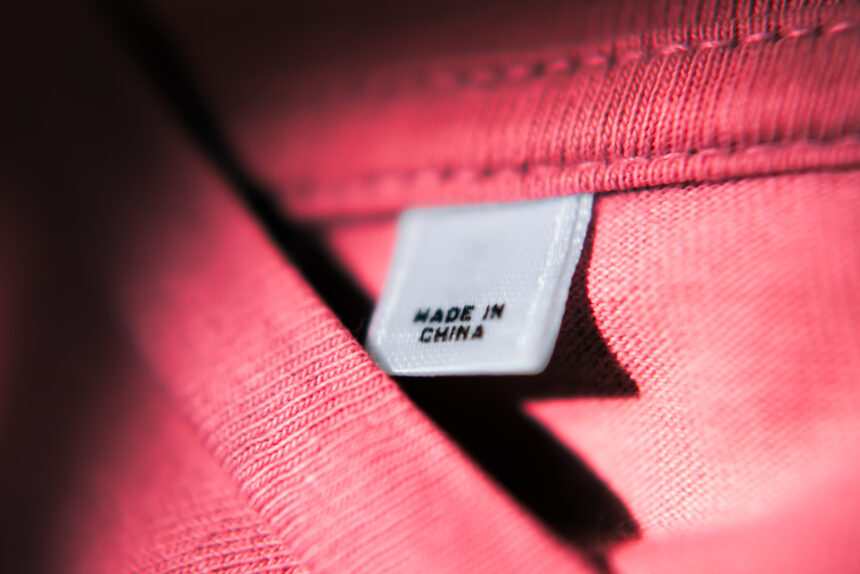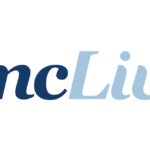
Many companies with manufacturing operations in China use audits to check for rights violations. But the Chinese government is good at covering up its bad practices and is willing to blackmail its auditors if all else fails.
of Congressional Executive Committee on China (CECC) held a public hearing on Tuesday, Addressing the use of social auditing in the People’s Republic of China (PRC) and China-based companies’ complicity in forced labor.
The Uyghur Forced Labor Prevention Act (UFLPA) bans imports from China’s Xinjiang Uighur Autonomous Region, where forced labor is widespread. One of the main goals of the 2021 law was to ensure forced labor is removed from supply chains, but experts say companies are trying to hide human rights abuses rather than expose this state terrorism. He testified that he uses social audits and certifications for this purpose.
The hearing highlighted egregious practices in China as it seeks solutions to uncover human rights violations and labor abuses in China’s supply chains. Communist China is no stranger to fraud, and the commission’s witnesses were able to explain social audits and China’s relationships with global brands and retailers.
Thea Lee, Under Secretary of Labor for International Affairs at the Department of Labor, testified about the risks of using only social compliance audits as the final assessment of worker rights.
“Social audits can be a useful tool to assess compliance at a particular point in time,” Lee said. “But it cannot be the only mechanism for detecting labor rights violations and abuses.
“Audits are often announced in advance, giving managers time to prepare their facilities. Managers can easily falsify timesheets to circumvent payroll and overtime laws. And workers may be pressured to provide inaccurate information.
China has shown that its repressive practices extend to all types of surveillance, making it impossible to know the full extent of human rights abuses it is hiding.
“Audits conducted in Xinjiang cannot be conducted without government supervision, and objective worker interviews without reprisal are not possible,” Li said. “Auditors have reportedly been detained, harassed, threatened and stopped at airports.
“That’s why dozens of large audit firms have not operated in Xinjiang for years. Fears of retaliation against both employees and auditors remain high. Social audits in China require companies to monitor human rights conditions on the ground. should not be considered an authoritative source of information.
Jim Warmington, a senior researcher and corporate responsibility advocate at Human Rights Watch, examines the effects of coercion in Xinjiang, from the cotton in clothing and textiles to the polysilicon in solar panels to the minerals and metals in both countries. He testified to the documented link between labor programs and global supply chains. electric cars and gasoline cars.
“The auto industry provides a compelling example of the link between global supply chains and the Chinese government’s human rights abuses in Xinjiang,” Warmington said. “In 2023, China’s domestic and foreign manufacturers produced and exported more cars than any other country in the world.
“For example, Volkswagen, which owns a 50% stake in a joint venture with China’s state-owned automaker SAIC, is attempting to downplay its responsibility for human rights impacts in the joint venture’s supply chain. Under German law, the company is only legally required to address human rights impacts in the supply chains of its subsidiaries over which it has “decisive influence”, including SAIC-VW. claims that it is not included. ”
The committee’s chairman, Rep. Chris Smith (RN.J.), described what is currently going on in China between the Chinese government and many companies. Remind him of how companies like IBM supported the Nazi regime“putting ultimate greed ahead of concern for humanity.”
“If today there was evidence of human rights abuses by evil regimes, such as the mass detention of despised ethnic and religious minorities in concentration camps and their production of goods for export, “If we were forcing them to do what was essentially slave labor to do that, American companies would definitely do that and shudder and avoid participating in it,” Smith said. “But if we look to today, that is exactly what corporate complicity in the most serious human rights abuses is.”
The committee has a difficult task ahead of presenting its proposed course of action to the president.
Sen. Jeff Merkley (D-Ore.), co-chair of the committee, summed up this complex and deceptive issue: If we find that the product does not contain forced labor, we must stop trading there. ”
Watch the full hearing here Or less.








